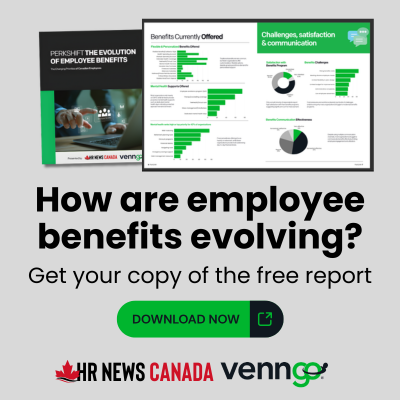The Human Rights Tribunal of Alberta has dismissed a complaint of disability-related discrimination from a paraplegic sales associate at a cannabis shop who was terminated following a medical leave after having surgery.
W.S. filed the complaint against his former employer, FOUR20 Premium Market. The tribunal upheld the Director of the Alberta Human Rights Commission’s initial decision but provided different reasoning for the dismissal.
Reasons for termination
Upon attempting to return to work, W.S. encountered issues with providing sufficient medical documentation requested by his employer to support his return and any required accommodations.
The tribunal’s decision detailed the circumstances leading to W.S.’s termination. He underwent surgery in late 2020 and was expected to return to work by February 2021. However, ongoing recovery and insufficient medical documentation delayed his return.
Despite multiple requests from FOUR20 for comprehensive medical information to facilitate his safe return and necessary accommodations, W.S. did not provide adequate documentation. This lack of compliance led to his termination on April 28, 2021.
Mutual obligation in accommodation
In its analysis, the tribunal emphasized the importance of the mutual obligation in the accommodation process.
“The respondent’s duty to accommodate requires the participation and cooperation of the complainant. While a complainant may make suggestions with respect to accommodation, it is the respondent’s duty to make reasonable accommodation decisions,” the tribunal said.
The tribunal concluded that W.S.’s refusal to provide timely and sufficient medical information hindered FOUR20’s ability to accommodate his disability.
“Without that medical information, it was impossible for the respondent to take any further steps with respect to its obligation to accommodate the complainant. The complainant agrees that he refused to provide this medical information and he has not offered an adequate explanation for his refusal,” the decision read.
The ruling underscores the necessity for clear communication and documentation in the accommodation process. Employers are required to make reasonable efforts to accommodate employees with disabilities, but employees must also provide necessary information to support these efforts.
Lessons from this ruling
- Documentation is Key: Ensure that all requests for medical documentation are clear and specific. Employees must understand the importance of providing timely and comprehensive information.
- Communication: Maintain open lines of communication with employees on medical leave. Regular updates and follow-ups can help facilitate a smoother return-to-work process.
- Mutual Responsibility in Accommodation: Both employers and employees have roles to play in the accommodation process. Employers must make reasonable efforts to accommodate, while employees must cooperate and provide necessary information to support these efforts.
For more information, see Schmidt v FOUR20 Premium Market LTD., 2024 AHRC 74 (CanLII).





